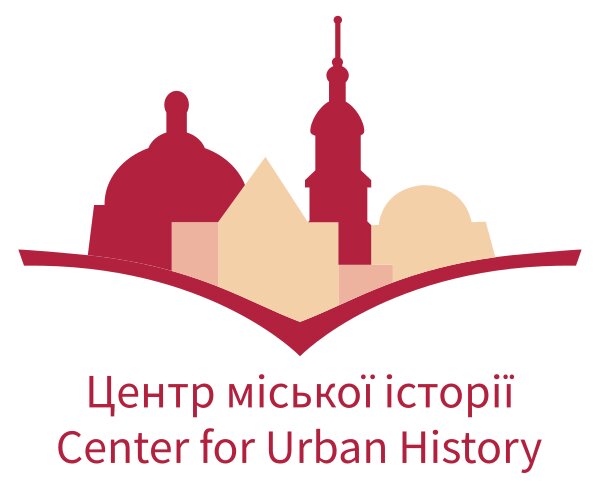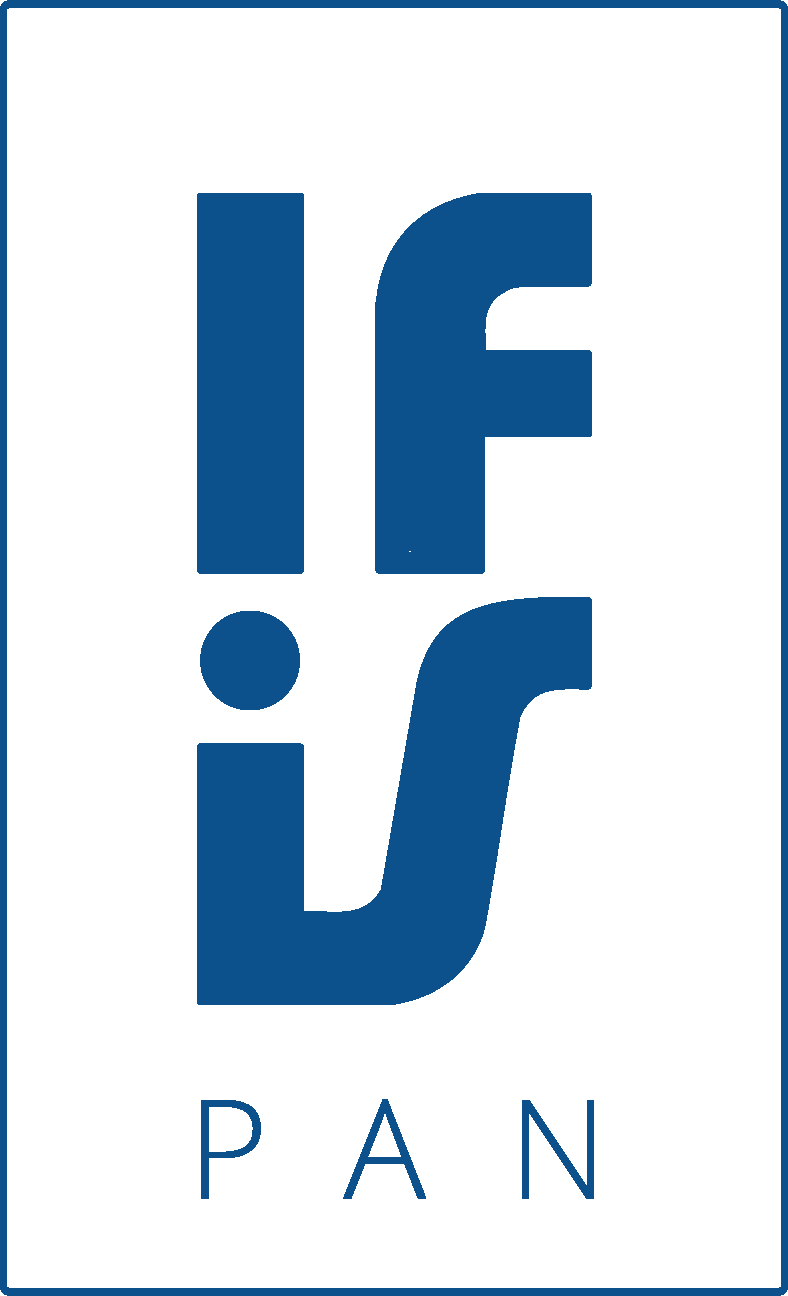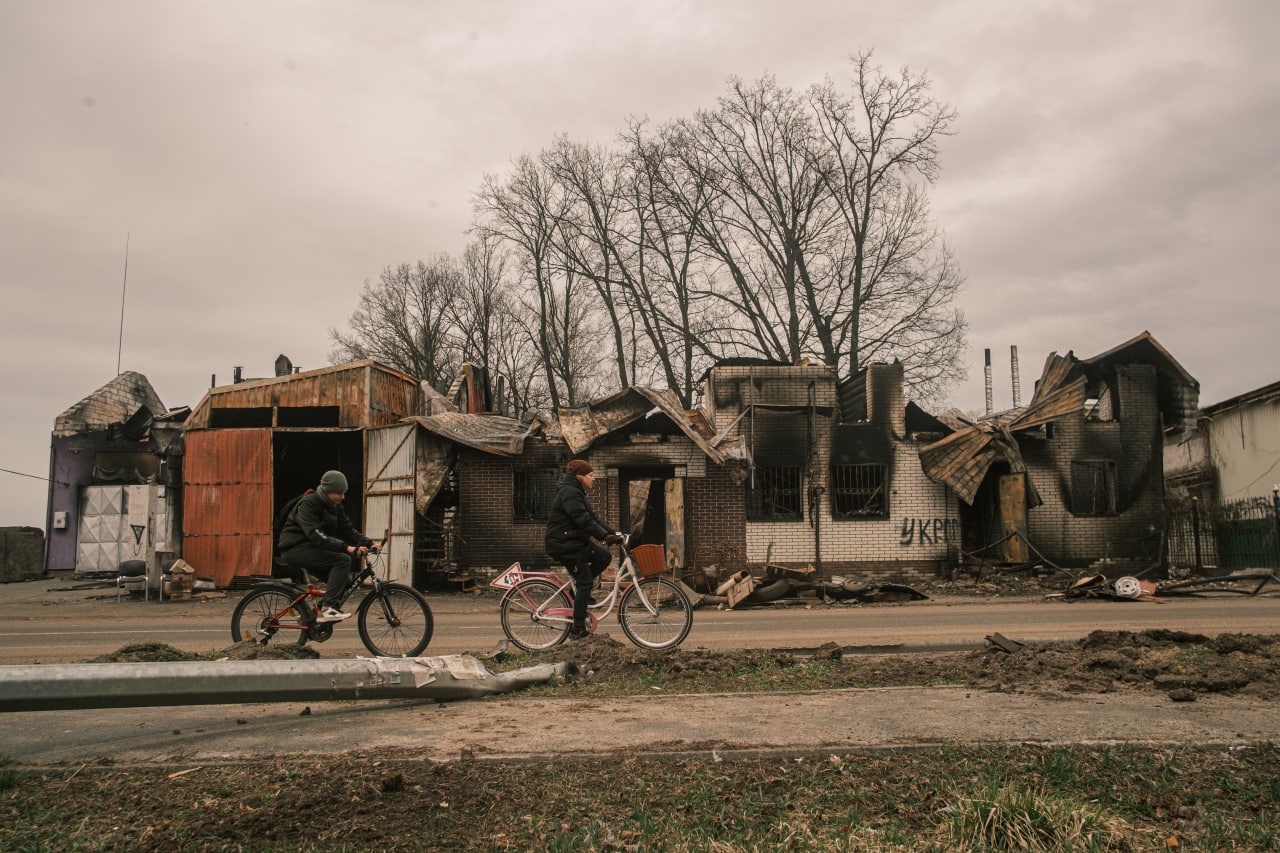Psychological Support for Projects Involving Interviews
March — October 2024
Since January 2024, the Center for Urban History has been cooperating with the Institute of Philosophy and Sociology of the Polish Academy of Sciences and the Luxembourg Center for Contemporary and Digital History in the project "Researching the Collecting, Preserving, Analyzing, and Disclosing of Ukrainian War Testimonies (U-CORE)". It involves recording the second wave of interviews with those who shared their stories with us in 2022, as well as creating a digital environment for long-term ethical storage and subsequent access to these conversations.
Similarly to 2022, the project team meets with a psychologist on a regular basis to prepare for and conduct interviews. The practice of supervision helps not only to better cope with anxiety and stress, which are inevitable in the context of a full-scale Russian war against Ukraine, but also has methodological value for developing joint approaches and solutions. It allows us to work through the real dilemmas that arise when conducting interviews with people who have experienced war and forced displacement within the country or abroad. Thus, supervision becomes a tool for putting ethics into practice, as it accompanies the team for a long time and helps to build consensus on the values and goals of the work.
In addition to online meetings every two weeks, three in-person seminars were held at the Center for Urban History: on March 9, June 9, and October 9-10, 2024. During the first one, we discussed the challenges of recruitment and the basis for the questionnaire; the second one involved a detailed elaboration of the topics of loss and grief, as well as the adaptation of the questionnaire after recording the first conversations of the second wave; and the third one focused on the safety of interviewers and the peculiarities of cooperation in international projects. The third workshop also marks the transition of the project to the analytical phase: representatives of all three project institutions, together with colleagues from Germany, jointly developed a tree of codes that we will work with in the coming months in the MaxQDA program.
Credits
Cover Image: Kateryna Moskaliuk // Visual Documentation of War // Urban Media Archive of the Center for Urban History





